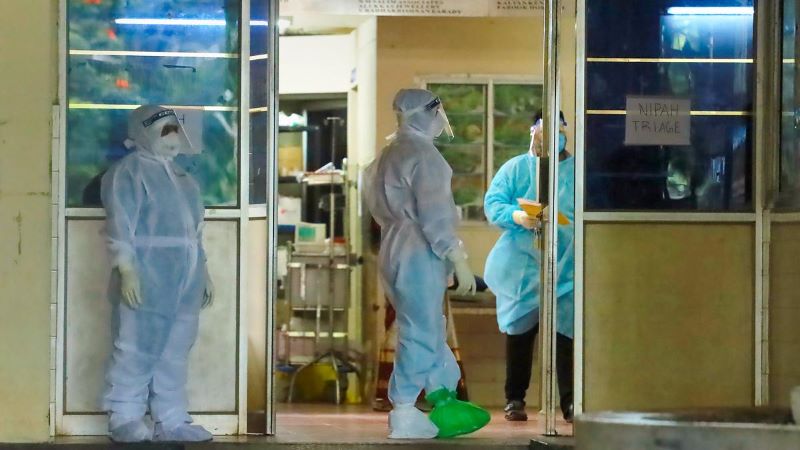Understanding Nipah Virus

Dr Rohit Kr Varshney
Recently, Kerala identified the cases of Nipah virus and the unnatural death of a person from it on August 30 has made a focal point of concern regarding Nipah virus due to its history of recurrent outbreaks in India. The virus’s transmission from fruit bats to humans has sparked profound unease within the public health domain. The potential for rapid transmission and its alarmingly high mortality rate makes it a paramount issue in the country.
This virus is a highly contagious zoonotic pathogen, classified within the Paramyxoviridae family. It came to scientific attention following its discovery in Malaysia in 1999. This insidious virus stands out for its ability to trigger severe respiratory and neurological symptoms in those unfortunate enough to contract it.
Causes and Symptoms
It primarily infiltrates human populations through direct contact with infected animals or the consumption of contaminated food and beverages. The initial symptoms typically involve fever, headaches, and dizziness. However, in its severe form, it can progress to encephalitis, a condition marked by the inflammation of the brain. This advanced stage can manifest as seizures and coma, adding to the complexity of the disease.
Fatality
It can indeed be fatal, and it does not spare those it infects. Its high mortality rate underscores the gravity of the situation. It’s essential to understand that the outcome of the infection can vary from one individual to another, with some managing to recover under careful medical supervision while others succumb to its deadly grip.
Treatment Dilemma
Regrettably, as of now, there exists no targeted antiviral treatment for the Nipah virus. The primary approach to managing the disease involves supportive care. This encompasses a vigilant effort to alleviate the symptoms and provide intensive medical attention. Researchers are actively engaged in exploring experimental treatments and vaccines, offering a glimmer of hope for the future.
Precautions
In order to safeguard transmission of the Nipah virus following actions must be taken:
Animal Avoidance: Steer clear of contact with animals afflicted by the virus, particularly pigs and bats.
Food Safety: Abstain from the consumption of raw date palm sap, as it stands as a recognized source of infection in specific regions.
Hygiene Vigilance: Elevate hygiene practices, including frequent handwashing with soap and water.
Protective Gear: When tending to infected individuals, employ proper personal protective equipment to staunch the possibility of person-to-person transmission.
Dr Rohit Kr Varshney (MBBS, MD, FIPM) is Professor & HOD,
Emergency Medicine at TMU Hospital in Moradabad

